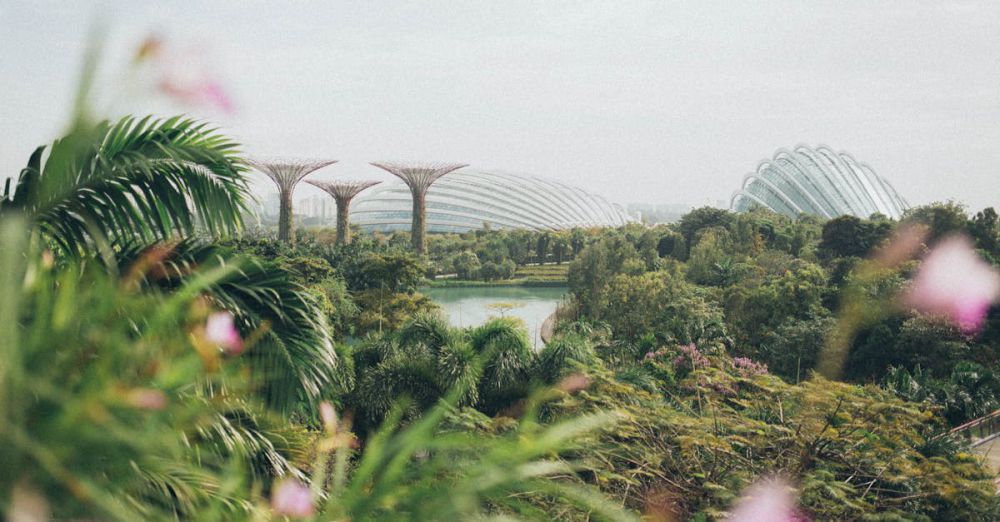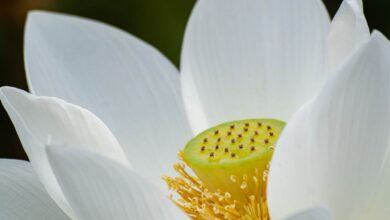What Are the Best Botanical Gardens for Sustainable Practices
Botanical gardens serve as essential sanctuaries for plant conservation, education, and recreational enjoyment. However, many of these institutions are also at the forefront of sustainable practices, demonstrating how to harmoniously coexist with nature. As climate change and environmental degradation escalate, certain botanical gardens are leading the charge in implementing eco-friendly techniques and promoting biodiversity. Here are some of the most notable botanical gardens championing sustainability.
The Royal Botanic Gardens, Kew
Located in London, the Royal Botanic Gardens, Kew is renowned for its extensive collection of plants and cutting-edge research. This garden is dedicated to sustainability through various initiatives, including its commitment to reducing carbon emissions. Kew has invested in renewable energy sources, such as solar panels, and has implemented water conservation measures. The garden also focuses on plant conservation efforts, working to restore habitats and promote biodiversity worldwide. Kew’s educational programs engage visitors on the importance of sustainable practices, making it a beacon of environmental stewardship.
Brooklyn Botanic Garden
In the heart of New York City, the Brooklyn Botanic Garden exemplifies urban sustainability. This garden has embraced organic gardening practices, avoiding pesticides and synthetic fertilizers. The use of native plants helps support local ecosystems, attracting pollinators and enhancing biodiversity. One of Brooklyn Botanic Garden’s standout features is its Green Roof, which serves as both an experimental garden and a model for sustainable urban landscapes. The garden also prioritizes water management through rain gardens that absorb stormwater and minimize runoff. These efforts make it a perfect example of how urban green spaces can promote sustainability.
Chicago Botanic Garden
The Chicago Botanic Garden is a leader in sustainability and conservation. With a mission to foster the connection between people and plants, this garden operates on principles of ecological restoration. The staff employs sustainable gardening techniques, such as composting and soil health management, to ensure that plant life thrives in harmony with the environment. The garden also features a Native Plant Garden, showcasing local flora that supports local wildlife. Additionally, the Chicago Botanic Garden engages the community through workshops and programs aimed at promoting sustainable gardening practices, emphasizing the importance of individual action in environmental conservation.
Desert Botanical Garden
Situated in Phoenix, Arizona, the Desert Botanical Garden focuses on the unique challenges posed by arid climates. This garden emphasizes the use of xeriscaping, which promotes drought-tolerant plants that require minimal water. By showcasing native desert plants, the garden educates visitors about their ecological importance and how they can be incorporated into residential landscapes. The Desert Botanical Garden also conducts research on sustainable land management practices that benefit both the environment and the local economy. Through its advocacy for water conservation and responsible landscaping, this garden demonstrates how sustainability can thrive in even the most challenging environments.
Denver Botanic Gardens
The Denver Botanic Gardens is a pioneer in promoting sustainable horticultural practices in the Rocky Mountain region. This garden employs integrated pest management techniques, which prioritize natural pest control methods over chemical interventions. The gardens feature a variety of eco-friendly initiatives, including a composting program and a focus on pollinator-friendly plants. The Denver Botanic Gardens also showcases sustainable landscaping through its Xeriscape Demonstration Garden, which teaches visitors how to create water-efficient gardens at home. Their commitment to education and community engagement makes them a model for sustainability in gardening.
Cultivating a Sustainable Future
As we face an increasingly uncertain environmental future, the role of botanical gardens in promoting sustainability cannot be overstated. These institutions not only preserve the beauty of diverse plant species but also serve as vital resources for education and advocacy. By implementing sustainable practices and engaging communities, botanical gardens inspire individuals to take action in their own lives. Visitors to these gardens leave with a deeper understanding of their relationship with the environment, and the knowledge that they can contribute to a more sustainable future. Engaging with these gardens offers a pathway towards appreciating the delicate balance of nature and the importance of preserving it for generations to come.







